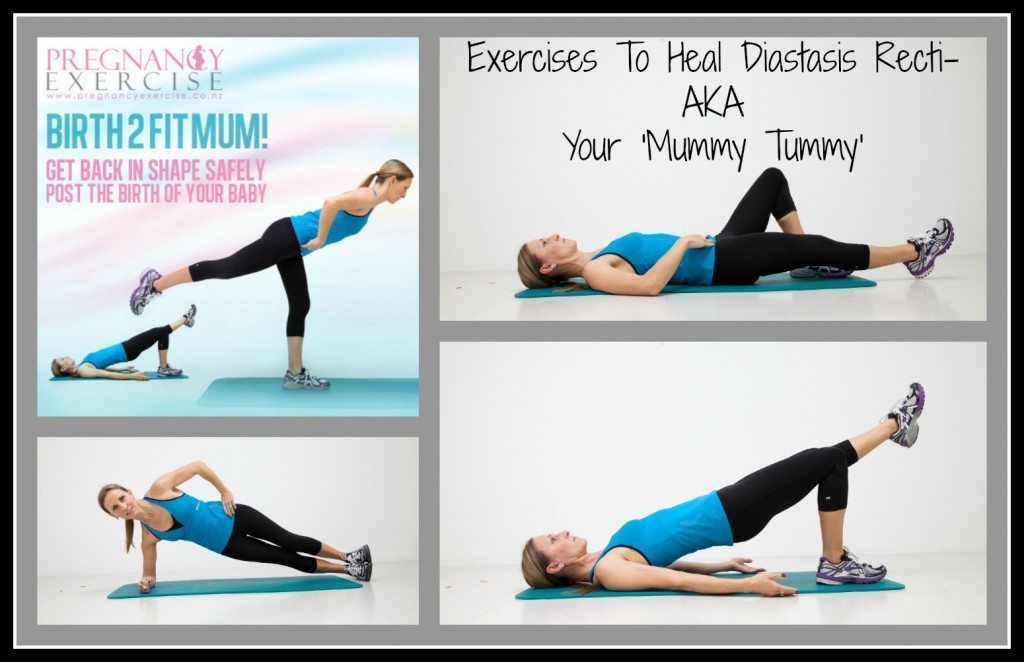This is one of the greatest takeaways wellness specialists have drawn from my publication. As an athlete, your physical health is key to an energetic way of life. You rely on stamina, skill, and also endurance, whether you're choosing the round or making that final press across the goal. Being your best takes patience, time, as well as training, but that's not all.
To contrast, an 8-ounce glass of 2% milk has 12 grams of carbs and also 8 grams of protein. Some are high in carbs and/or healthy protein, but some may likewise be high in sugar.
What food should athletes avoid?
“In general, you'll want to eat a meal high in carbs and protein and low in fat roughly three to four hours before you exercise,” Cohen says, whether you're trying to shed pounds or build muscle. Carbohydrates supply your body with the glycogen it needs for your yoga session, gym visit, or jog.
For instance, oranges give vitamin C and carbohydrates, but not iron or protein. A piece of grilled poultry supplies iron and protein, yet not vitamin C or carbs.

Carbohydrates aid stop muscle mass break down and tiredness, while healthy protein assists regulate growth and fixing, claims Marie Spano, RD, sporting activities nutritionist for the Atlanta Hawks. You're riding high on the feel-good, after-workout attitude, and also now it's time to award your body with a post-fitness refuel. This listing of the top foods to eat after hitting the gym, with recipes, makes it delicious and also simple. Although some added healthy protein is needed to build muscle mass, most individuals get plenty of healthy protein from food. Obtaining additional protein from supplements won't have actually any type of included benefit.
What should I eat for fitness?
Anna Nemeckay, Director of Personal Fitness coaching at Silver Mountain Sport Clubs, explains an athlete would never eat beans, sugary sports drinks, beer, flavored yogurt and diet soda. Each of these foods cause more harm to the body than good.
Way too much fat or the wrong kinds can create health problems. It can increase your poor (LDL) cholesterol level and also increase your risk of cardiovascular disease and also kind 2 diabetes. The amount of food you need relies on your age, weight, height, and sport or activity level. Generally, you need to change the number of calories you shed daily. Most people need between 1,500 and 2,000 calories a day.
- Nutrients include carbs, healthy protein, fat, vitamins, as well as minerals.
- Healthy treats can provide these added calories and also nutrients you need.
- Professional athletes and also active individuals require even more calories as well as nutrients than people who do not exercise regularly.
What should I eat if I workout everyday?
Chicken. Chicken contains all essential amino acids and is easy to digest. A 100g serving contains 27g of protein and 239 calories. When buying chicken, look for chicken that was raised in cage-free, humane conditions and was fed a nutrient-dense, variable diet.
During an exercise, you promptly shed liquid when you sweat. An excellent general rule is to take a drink at the very least every 15 to 20 mins. For athletes, knowing when to eat is as important as recognizing what to eat. Attempt to eat a pre-game dish 2 to 4 hrs before your occasion.
Depend on the appropriate carbohydrates
What should not eat after workout?
Fuel your body for everyday performance To help your muscles recover and to replace their glycogen stores, eat a meal that contains both carbohydrates and protein within two hours of your exercise session if possible. Good post-workout food choices include: Yogurt and fruit. Peanut butter sandwich.
During exercise, you lose water as well as electrolytes via sweat. Restoring these after an exercise can aid with recuperation and also performance. , recommends that not ate training considerably underperforms fed training when it pertains to optimum exercise, or grabbing new personal bests.
Fuel up prior to workout
For professional athletes, this number can raise by 500 to 1,000 more calories. This short article takes a look at the results of probiotics on weight management.